Eco-Cha Tea Club
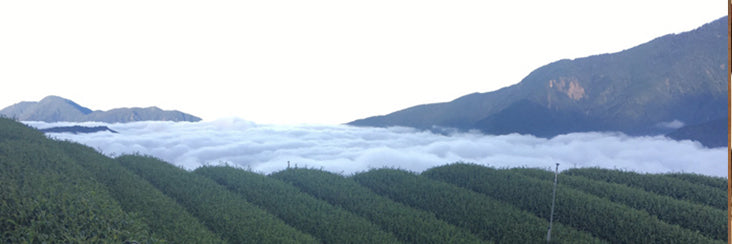
Charcoal Roasted High Altitude Oolong Tea | Eco-Cha Tea Club
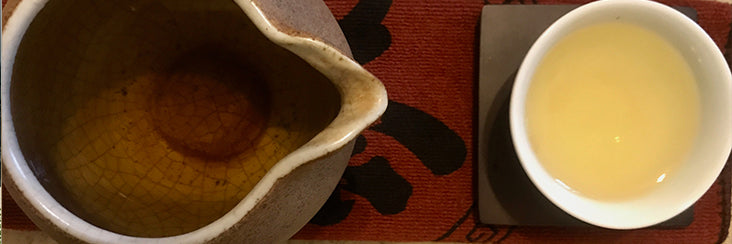
Light Roast Concubine Oolong Tasting Notes | Eco-Cha Tea Club
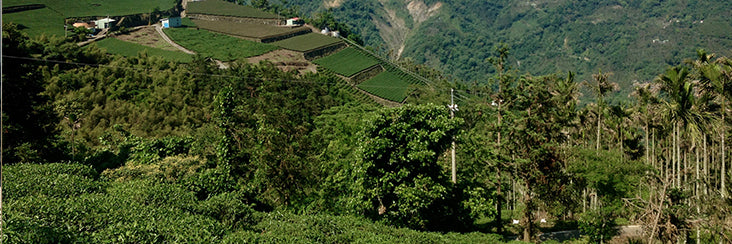
Light Roast Concubine Oolong Tea | Eco-Cha Tea Club
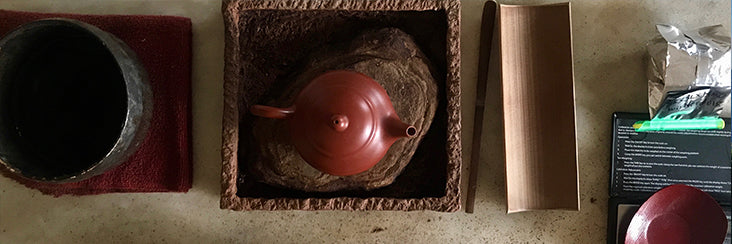
Long Feng Xia High Mountain Oolong Tea Tasting Notes | Eco-Cha Tea Club
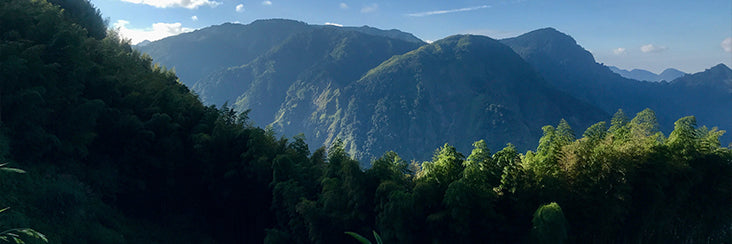
Long Feng Xia High Mountain Oolong Tea | Eco-Cha Tea Club
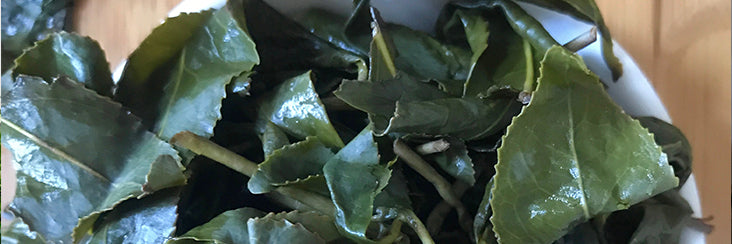
Da Yu Ling High Mountain Oolong Tasting Notes | Eco-Cha Tea Club
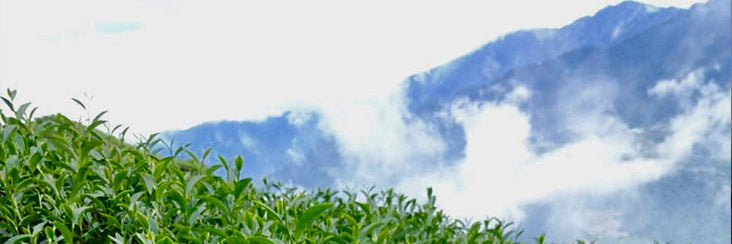
Da Yu Ling High Mountain Oolong Tea | Eco-Cha Tea Club
The highest elevation tea growing regions are widely acknowledged as the epitome High Mountain Oolong Tea production.. The ideal climate conditions offered by this elevation combined with the methods of tea cultivation that have been developed are considered to be the main factors that have gained this category of tea its fame.
This is a rare batch of Da Yu Ling High Mountain Tea in that the level of oxidation exceeds the commonly produced tea in this region at highest elevation. The difference between the standard 10-15% level of oxidation and the less commonly produced 20-25% is that the light, floral, green character is transformed into a more fruity, substantial, smooth character of High Mountain Oolong.
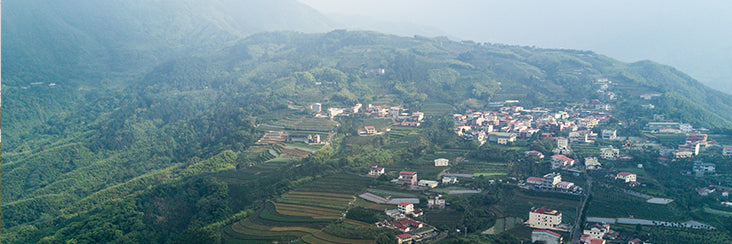
Honey Oolong Tea | Eco-Cha Tea Club

Roasted Leafhopper High Mountain Oolong Tea
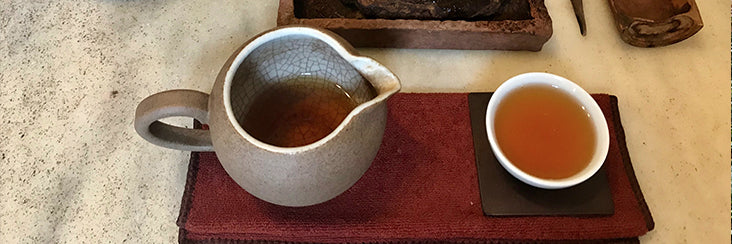
High Mountain Hong Shui Oolong Tea Tasting Notes | Eco-Cha Tea Club
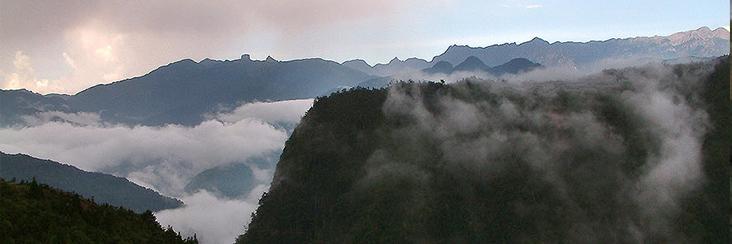
Leafhopper High Mountain Oolong Tea | Eco-Cha Tea Club
Our expressed intention in sharing this batch of tea is to offer Eco-Cha Tea Club members a chance to experience the original unroasted flavor profile of a tea type that, in the local Taiwanese dialect, is simply called "Leafhopper Tea".
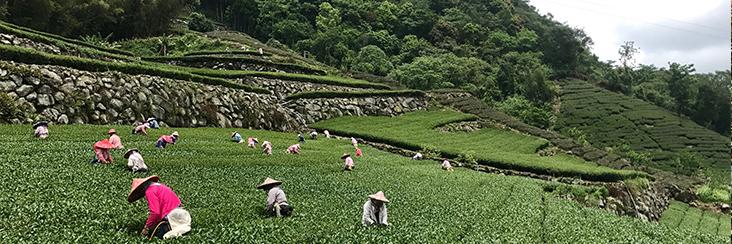
Gold Medal Award Jin Xuan High Mountain Tea | Eco-Cha Tea Club
The quality standard for the Meishan competition calls for a lightly roasted High Mountain Tea character. This is a relatively new flavor profile that stands between an unroasted High Mountain Tea and the more traditional, medium roasted Oolongs. Taiwan's national tea judges set this standard to promote a different style of tea making that has its own specialty quality. The art of roasting is added to the value of expert farming methods and processing of High Mountain Tea. In order to achieve optimal roasting results, the leaves need to be sufficiently oxidized, but not too much — perhaps 5-10% more than a standard unroasted "green" High Mountain Tea.

